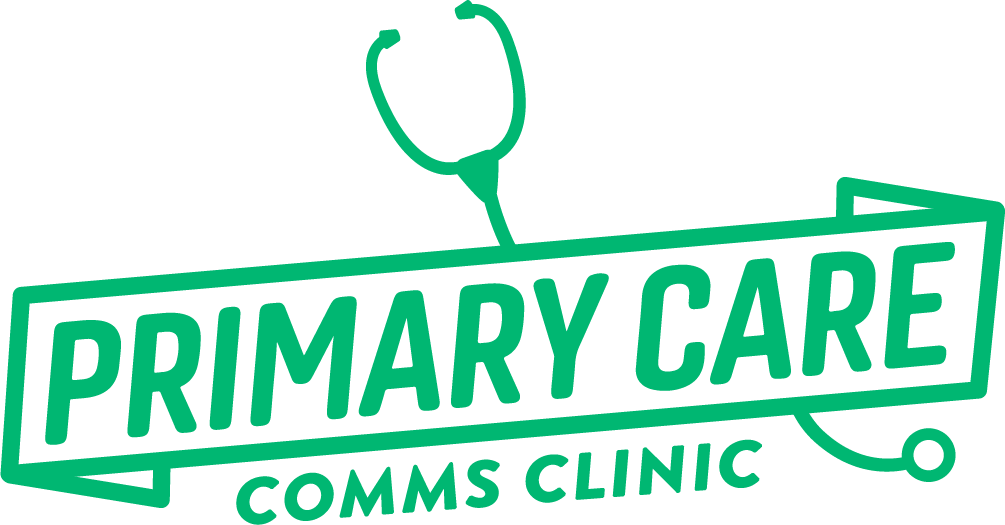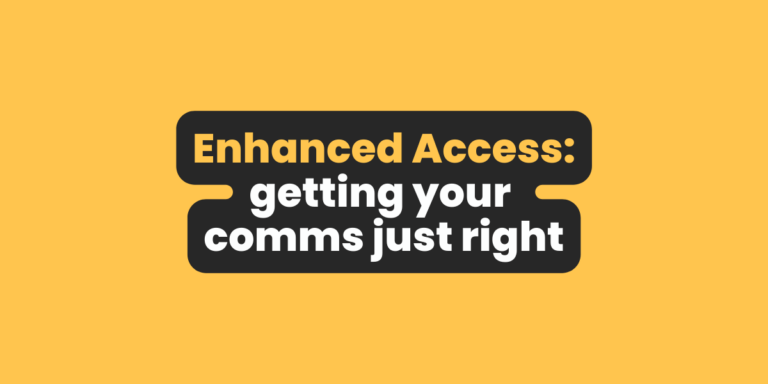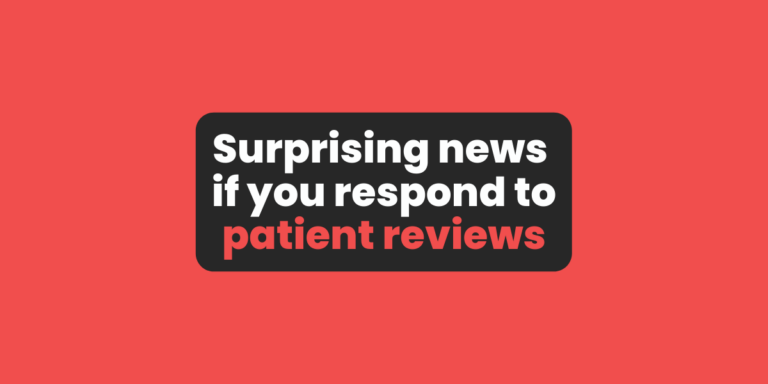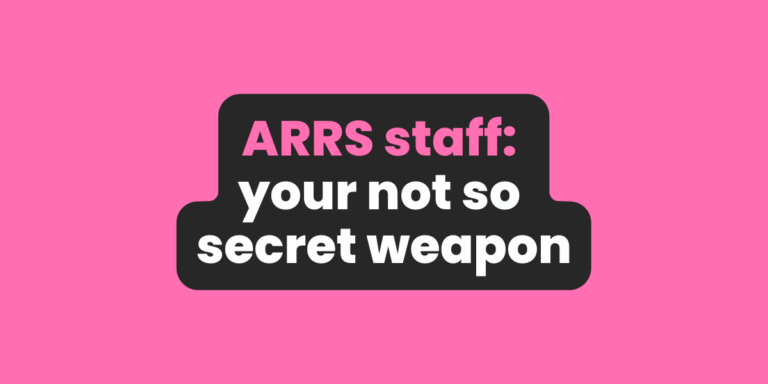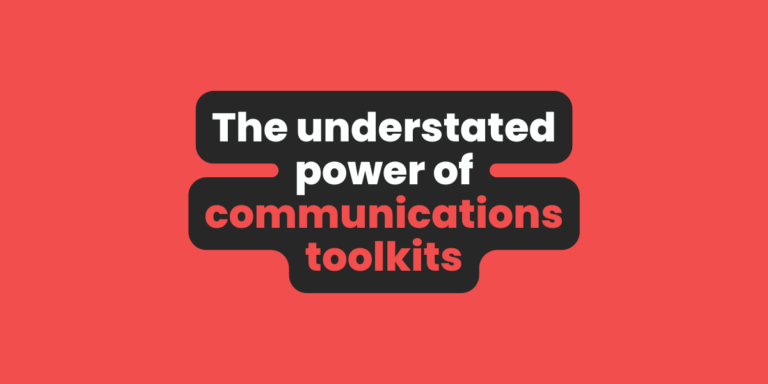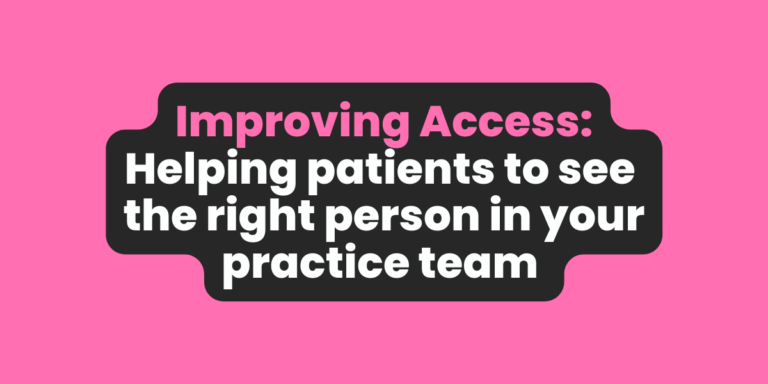In May 2021, a practice manager came to me in tears. “Our Facebook Page is full of vile comments from patients,” she said.
I looked. It was. Some comments were downright dreadful, BUT there were lots and lots of really positive comments too.
None had been answered.
This will sound all too familiar for many GP practices, especially since COVID restrictions were lifted in summer 2021. ‘Freedom Day’ saw some people throw their face masks into the wind and declare the pandemic over. The national media said so as well.
And with it came a shift in people’s urgency to ‘return to normal.’ If shops, restaurants and dentists were open now for sit-down service, why wasn’t their local GP practice?
I won’t bore you with the ‘why’ – you know that part all too well, my friend. But what came next on many GP practices’ social media channels was not what any of us expected, especially after weekly clapping just months earlier.
A new approach to handling patient comments online
I couldn’t sit by and watch this happen to the teams I worked with who had fought so hard to maintain a functioning general practice while still carrying out extended access and vaccinations ‘for fun’ at the weekends.
For three months solid, my team and I decided to man the fort online for this practice manager and her practice Facebook Page. We wanted to try things out, calm the waters and help everyone see how ruddy well this practice was doing.
After three months, they still had the odd moan and groan. Nobody’s perfect and you can’t please everyone. But boy, did they have more support and understanding from their following. Finally!
During this time, we learned a lot. Responses that worked with patients, empathy that helped calm irate patients and approaches that showed other patients just how hard their local practice team worked.
An absolute must was to remember to RESCUE the situation:
R – Respond fast
E – Empathise with the person who has commented
S – Say sorry if warranted
C – Calmly check in with yourself (just like you don’t drink and drive, don’t rage and write) and check what you know about the patient and their situation
U – Use names, theirs and yours
E – Explain what happened / what happens / what should happen / what to do next time.
By the end, we knew we were onto something that could work for others too.
If social media comments are getting you and your team down, don’t let them any longer. You know you deserve better.
Social Media Customer Service Skills for General Practice
We packaged all this learning together to create the country’s first Social Media Customer Service Skills course for General Practice 
Designed to:
 Ease your worries about logging into Facebook
Ease your worries about logging into Facebook
 Show you how to handle patient comments online as well as do the day job AND
Show you how to handle patient comments online as well as do the day job AND
 Improve communications with your patients.
Improve communications with your patients.
Packed with loads of real-life examples and resources made entirely for general practice, we’re confident it will make a huge difference to you, your team and your patients.
The course is 2 hours long and delivered online with a short homework task before the session.
Deliver it for your practice, primary care network or through your federation.
Drop us a line with how many sessions and people you want to train and we’ll be straight back to you.
